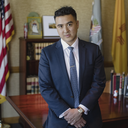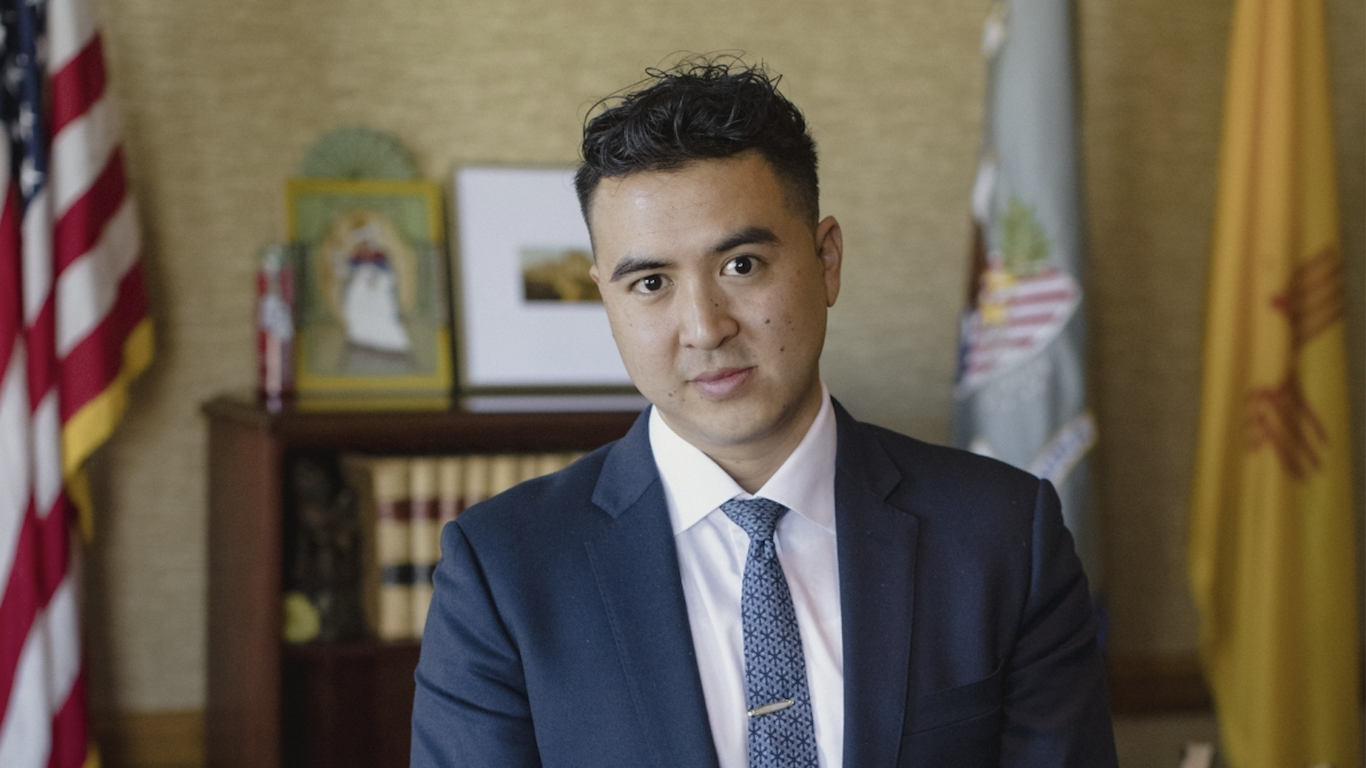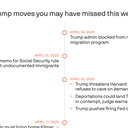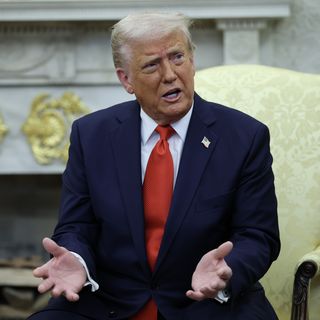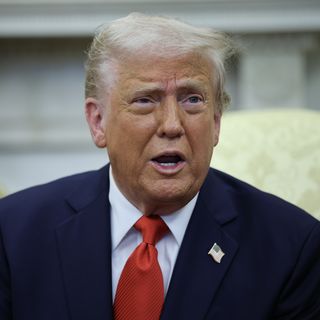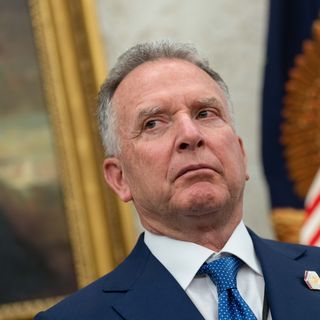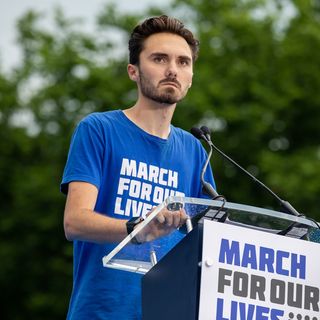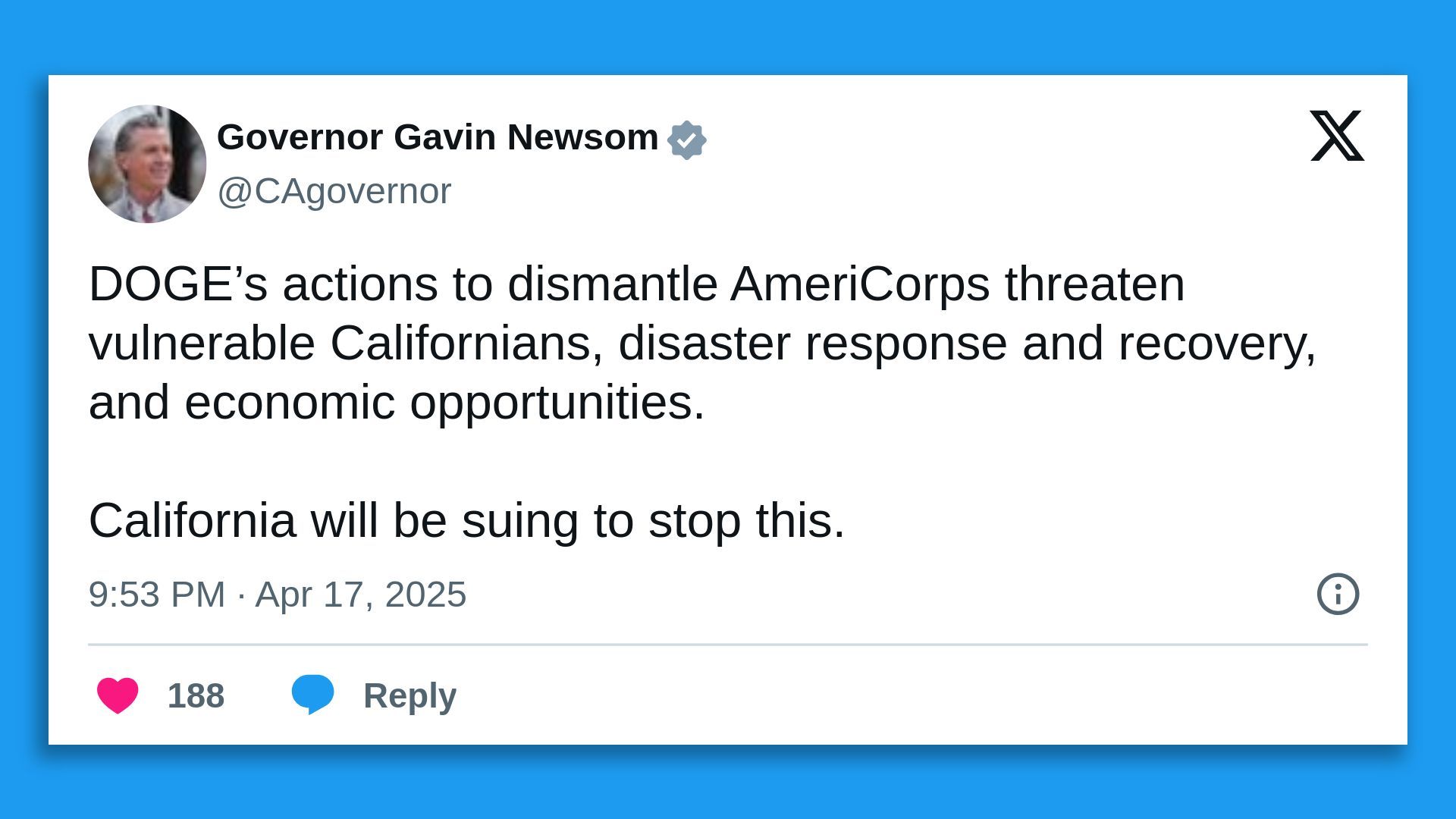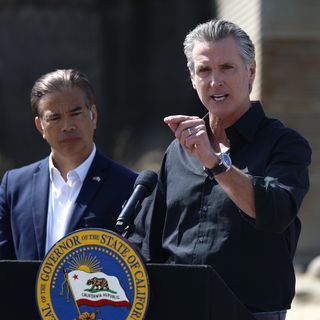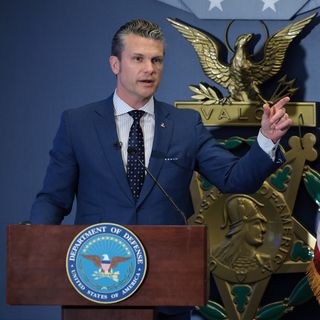Scoop: Former Biden U.S. attorney to run for Albuquerque mayor
A former U.S. attorney under former President Biden is running for mayor of Albuquerque, New Mexico, and seeking to oust a fellow Democrat in a city plagued by rising crime and a troubled police department, Axios has learned.
Why it matters: Alexander Uballez follows former U.S. Interior Secretary Deb Haaland as the second former Biden official running for office in New Mexico, and may show how Democrats will campaign after 2024 losses.
The big picture: Uballez will announce Saturday his run against Mayor Tim Keller and other challengers as incumbent mayors in many cities have recently been ousted over crime, homelessness, and allegations of corruption.
- In November, for example, a bid to recall Oakland Mayor Sheng Thao won by a nearly 2-to-1 margin, and San Francisco Mayor London Breed lost her reelection to Levi Strauss heir Daniel Lurie.
- Mississippi state Sen. John Horhn crushed Jackson, Mississippi Mayor Chokwe Antar Lumumba in an April 1 Democratic primary, 48% to 17%. Lumumba was indicted in an alleged bribery scheme and has pleaded not guilty as the pair head to a run-off.
State of play: The 39-year-old Uballez, who grew up in California's Bay Area, was one of the youngest U.S. Attorneys under Biden.
- Uballez garnered national attention for sparking an investigation into a decades-old DWI corruption scheme inside Albuquerque police that involved officers taking bribes to miss court and getting DWI suspects off.
- He was among the last of Biden's U.S. Attorneys that President Trump forced out in February.
Zoom in: Uballez's entry will likely jolt the race in New Mexico's largest city into a closely watched contest nationally
- The election in November is expected to center on rising crime and a police department hit by the DWI scandal and still under a consent decree stemming from excessive force.
A Keller campaign spokesperson did not immediately respond to Axios.
Zoom out: Preliminary numbers show that homicides in Albuquerque increased by 20% from 2020 to 2024, while the nation's largest cities saw a 16% drop during the same period.
- New Mexico Gov. Michelle Lujan Grisham declared a state of emergency in Albuquerque last week, saying that a significant increase in crime there warranted the help of the New Mexico National Guard.
The intrigue: Uballez is the son of a Chinese immigrant mother and East L.A. Chicano music legendary singer/songwriter Max Uballez.
- The younger Uballez was on an advisory committee of U.S. Attorney General Merrick Garland and was one of the most high-profile AAPI Latinos in the Biden Administration.
- If elected, he'd become the state's second Asian American/Mexican American mayor of a major city.
- Ken Miyagishima, the former mayor of Las Cruces and one of the longest-serving Asian American mayors in U.S. history, is expected to join the governor's race next month.
